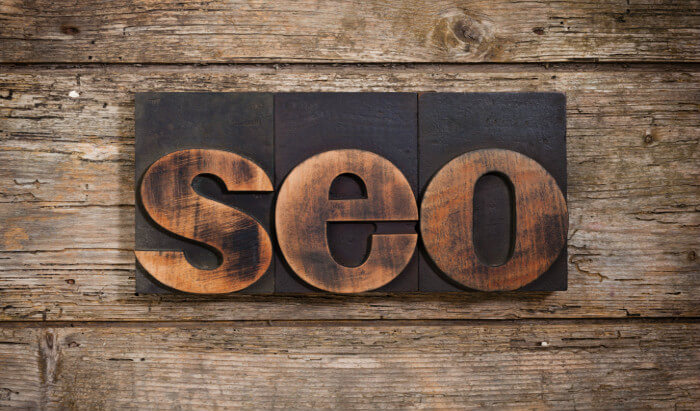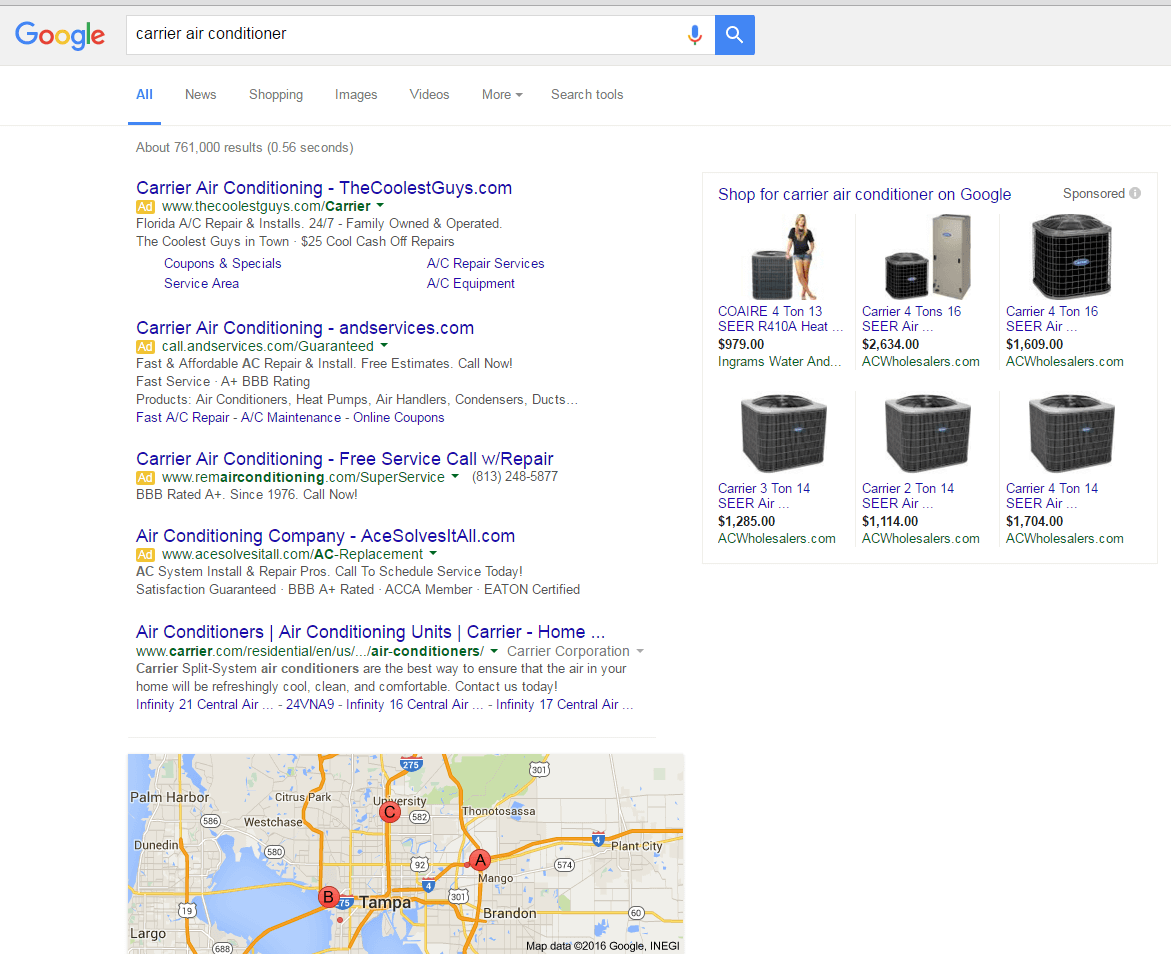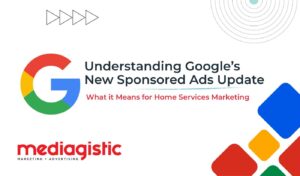
The Impact of Google’s New Paid Search Layout on Organic Search
As we reported in mid-February, Google shook things up in the paid search world when it announced the removal of sidebar ads. Instead of ad placement taking a three-tiered approach (i.e. three ad slots at the top, a row of ads along the side, and three at the bottom), the new pages have four ad slots at the top and three at the bottom.
Google had a number of reasons for making this move, not the least of which being to pre-empt the rise of ad blockers and better align search results with user intent. One thing, however, is very clear: the new paid search layout has definite ramifications for organic search.
How Does the Ad Shift Affect Organic Results?
The addition of the fourth ad to search results (SERPs) means that paid ads now are taking up more real estate. This has a few immediate effects on organic SEO:
- Lower Organic Click-through Rates (CTRs): Organic search results will see fewer clicks due to being positioned lower on the page. In the image below, you’ll see only one organic result is appearing between the paid ads and the local pack. And with some searches, organic results aren’t appearing above the fold at all.
- Higher Emphasis on Local Search: As you may already know, we’ve been local search evangelists for a long time. With many organic results getting pushed below the local pack, it’s only natural that having an optimized local search presence is going to become even more prominent.
- Increased Value of the First Two Organic Positions: The top two organic positions are now more valuable than ever for getting maximum visibility. This isn’t to say that the lower positions are without value, of course. Companies that rank organically on page one will still see plenty of traffic, particularly if they’re combining their organic efforts with a paid approach.

Don’t take our word for it: Prominent industry observers agree. As soon as Google announced the change, experts lined up to offer their predictions. Marcus Andrews of Hubspot wondered how savvy Internet users would be when it comes to spotting the yellow ad icon. With four ads, the organic results would be pushed below the fold for some screens, making users unsure what constitutes an ad — especially if those ads take up the whole top page. Subsequently, Andrews predicted a boom for PPC, while organic clicks suffered.
A month later, Search Engine Land’s Winston Burton agreed with this assessment. Users who can identify the ads still have to actively scroll past the four listings if they want to reach organic results. Burton also observed that brick-and-mortar companies can fight back with local SEO. After all, he said, if ecommerce sites can take up space with PLAs, then stores can push organically with an optimized Google My Business listing.
So Do Businesses Need PPC, SEO… or Both?
Google’s update emphasizes the importance of investing in a robust Internet marketing campaign that includes both PPC and SEO. You need to own your brand and your products more than ever now, because the addition of the fourth ad (and the rise of Google Shopping and GMB listings) only makes the SERPs more competitive.
Furthermore, PPC and SEO work together to build trust. “If brands really want to get the most out of search,” writes the aforementioned Winston Burton, “they’ll need to create an integrated organic and paid search strategy with focus on top rankings and paid ads to maintain visibility and be in front of their target audiences.”
A savvy marketer can use your PPC data to optimize underperforming landing pages and conduct keyword research. Meanwhile, taking up more real estate establishes your brand and increases organic clicks. Your marketing plan shouldn’t approach the SERPs with an either/or strategy, but rather a combined plan to dominate both.
A Comprehensive Strategy is Key for a Competitive Marketplace
As we continue to test and pour over data during the next six months, we’ll start to fully understand the effects of Google’s adjustments on paid and organic campaigns. So far, though, there really haven’t been any Earth-shattering revelations from this shift, despite everything we’ve just mentioned. Brands that have a comprehensive organic, paid, and local strategy will continue to benefit from their efforts, and the ones that suffer are usually too reliant only on one.
At the end of the day, this dynamic underscores how our balanced and comprehensive strategy is the right strategy. The LeadBuilder® approach focuses on a combination of organic, paid and local search disciplines for maximum SERP exposure.
 Brantley Smith is the Vice President of Digital Marketing and Product Innovation at Mediagistic. He is a big picture sort of guy. If you want to know what the future is bringing, he’s a good guy to talk to. His entrepreneurial DNA led him to start up four tech companies before age thirty-five, one of which he navigated through its merger and acquisition by publicly traded Online Outpost Licensing Corporation. Connect with him on Linkedin.
Brantley Smith is the Vice President of Digital Marketing and Product Innovation at Mediagistic. He is a big picture sort of guy. If you want to know what the future is bringing, he’s a good guy to talk to. His entrepreneurial DNA led him to start up four tech companies before age thirty-five, one of which he navigated through its merger and acquisition by publicly traded Online Outpost Licensing Corporation. Connect with him on Linkedin.
You May Also Like

Google’s “Have AI Get Prices” Feature: Rewriting Local Search for HVAC & Home Services
December 15, 2025In recent months, Google has quietly rolled out a major update to local search with its new “Have AI Get Prices” functionality,… Continue Reading Google’s “Have AI Get Prices” Feature: Rewriting Local Search for HVAC & Home Services…

Mediagistic Announces Strategic Partnership with EGIA to Deliver Enhanced Marketing Solutions for Home Services Contractors
November 10, 2025Tampa, FL – Mediagistic, a full-service marketing and advertising agency specializing in contractors and service-based businesses, today announced a strategic partnership with… Continue Reading Mediagistic Announces Strategic Partnership with EGIA to Deliver Enhanced Marketing Solutions for Home Services Contractors…

Understanding Google’s Sponsored Results Update: What it Means for Home Services Marketing
October 20, 2025Google is once again reshaping how paid ads appear in search results, and this change (called the Google Sponsored Results Update) could… Continue Reading Understanding Google’s Sponsored Results Update: What it Means for Home Services Marketing…